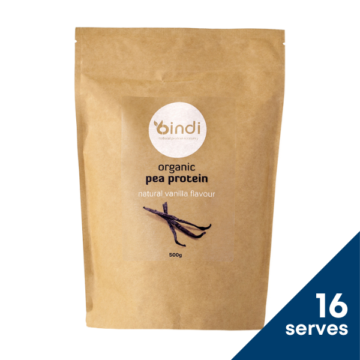Every day there seems to be a new product on the market, many with incredible claims that are big on marketing and fresh appeal of new promises. It can be hard to know if they work, or for you to even find the time and resources to research their amazing product claims.
When it comes to using supplements in training, you can spend a lot of money. Some are more expensive than others, and some work better than others. Some don’t work at all. Here we will help with simple steps to evaluate whether you should use supplements in training.
When should I use a supplement in training?
If you are looking for a performance advantage, an effective supplement can be an ergogenic aid. This means it will provide you with a competitive edge as an athlete. Supplements can do this through enhancing your energy use or energy production or improving your recovery.

How do I know if a supplement is worth taking?
Essentially, a supplement you are considering should be safe, legal, and effective in improving sports performance (4). Here’s how to decide for yourself when you evaluate a supplement: (2,3)
- Validity of the claims: What is the functional basis for a product’s action, as in what is the effect they are having on the body? For example, caffeine is known to increase muscle contractility and aerobic endurance.
- Quality of the evidence: Are there any scientific studies that support or refute the claims that the product makes? It is worth a quick check on the science before you order a product on a whim.
- Health consequences: Are there any side effects, especially any potentially serious adverse effects?
- Legal consequences: Is the product legal?

What are effective supplements that will enhance my training?
We have put together a list of 5 supplements that are backed by science and live up to their claims as ergogenic aids and will give you a performance edge. Here are our favourite supplement heroes:
1. Caffeine
Caffeine increases muscle contractility and aerobic endurance, by helping to mobilise fat thereby sparing muscle glycogen stores. It is a central nervous system stimulant, which helps to decrease perception of effort during exercise and aid activities requiring concentration (5).
Most studies show that caffeine will have a performance enhancing effect at a dose of 400-600mg of caffeine, which is equivalent to approximately 4-6 cups of coffee. Alternatively, it can be taken in tablet form for more accurate dosing. Importantly, the timing of intake – either before or during an
event – doesn’t seem to matter. Having all your caffeine in one go, or spreading it out will give you the same effect (2). It’s also important to note that taking caffeinated ‘defizzed’ soft drinks during races will have a dose much less than is shown to have a positive effect on your performance.
2. B-alanine
Beta-alanine is a modified version of the amino acid alanine. It has been shown to enhance muscular endurance, improve moderate-high intensity cardiovascular performance in events like rowing or sprinting, and offer protection from exercise-induced lactic acid production (6).
3. Creatine
Perhaps the most widely used ergogenic aid among athletes, creatine improves strength and lean muscle mass. It is most effective in repeated short bursts of high-intensity activity in sports like sprinting and weightlifting (and less so for endurance sports like distance running) (3).
4. Beetroot juice
Research shows that beetroot juice allows you to exercise at a greater intensity with less effort (8,9).
Beetroot juice is one of the richest sources of nitrate, which has several effects on the human body, including blood vessel dilation to increase blood flow, regulation of muscle contraction and glucose uptake, and regulation of cellular respiration.
The peak effect of nitric oxide occurs 2-3 hours after intake, so research suggests you should consume it 90 minutes before your athletic effort, and at a dose of 300-400mg (9,13). However, some studies are suggesting that much larger doses of nitrate taken over longer periods are required
to shift your blood nitrite levels. So, drinking beetroot juice every day for up to a week before an event might be a preferred approach.

Be smart and savvy when it comes to supplements
As an athlete it pays to be mindful of the potential side effects associated with excessive use of dietary supplements, including the possibility for interactions when supplements are taken in combination. This can lead to unexpected adverse reactions.
While there is consensus that a scientific rationale should be applied to selecting your supplements, it seems that some ergogenic aids continue to prevail without science behind them. Remember to apply to the golden rules – does it work, is it proven to be effective, is it safe and is it legal?


